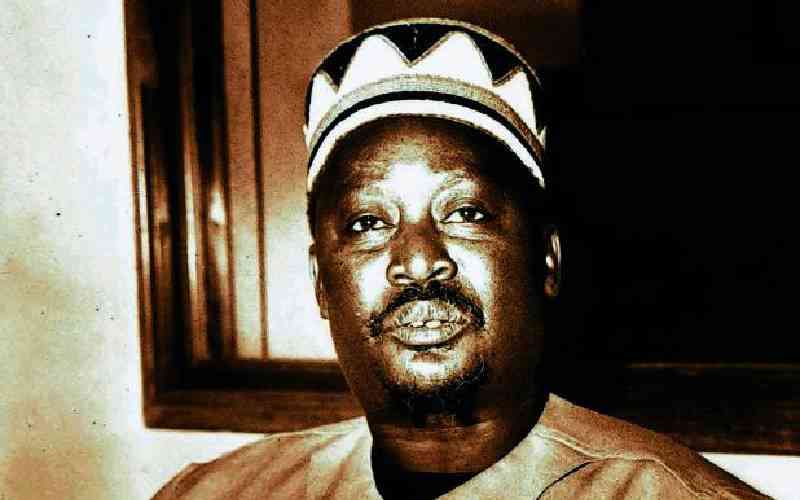
There was a time when freedom of thought and association was criminalised in Kenya. Scholars cowed in lecture halls for fear of spies who lurked in university corridors not to further their education but to betray independent-minded lecturers. During this period, writers, playwrights and filmmakers went through hell.
At the height of the government's crackdown on dissidents following the abortive 1982 coup, a filmmaker, Edward Milner and his director, Bernard Odjidja wrote to Kenyan authorities requesting a licence to film, No Easy Walk. This was a film which sought to explore how pioneer freedom fighters had liberated their country.